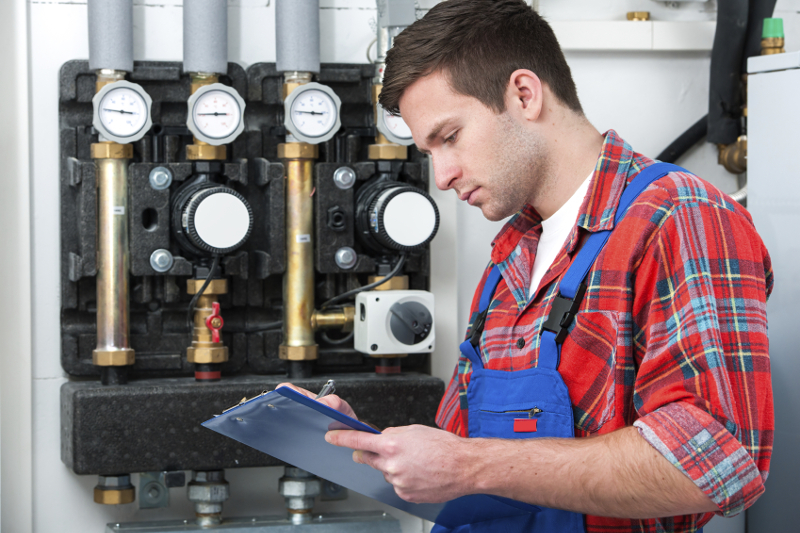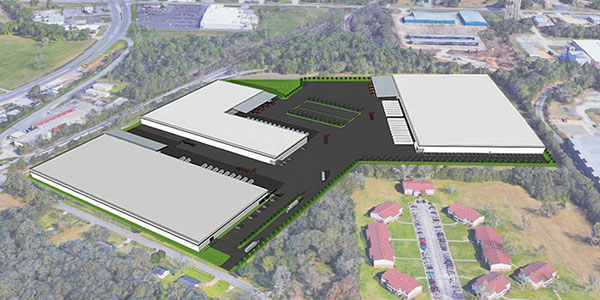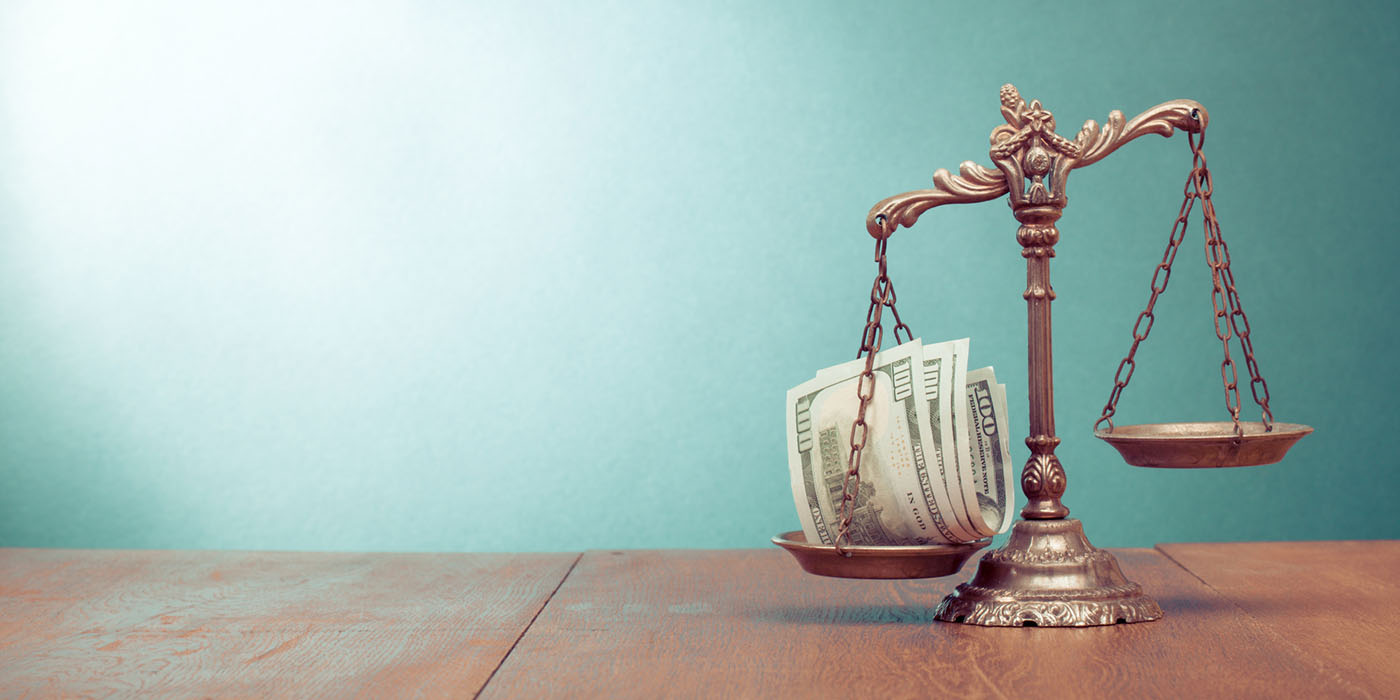Running a productive and profitable business is a priority for any successful carwash owner. However, owners and operators can fall short of achieving this objective if an issue with the facility’s equipment arises. Damaged or broken-down equipment can lead to costly repairs or, worse, force a car care business to shut down.
“A carwash is essentially a production line being fed dirty cars in one end and should be delivering clean cars out the other — it’s what your customers expect,” explains Robert Andre, vice president of training and education for SONNY’S The CarWash Factory. “In order for that to happen, each piece [of equipment] has to do its part. If any one piece isn’t in working order you will deliver an end product that doesn’t meet [the] expectations of the customer, and you will have to throw labor at it to fix it.”
To ensure smooth operations, and in turn happy customers, proper maintenance is crucial. And, although this task may seem daunting and even costly to adequately sustain, the benefits far outweigh any negatives.
“Oftentimes, maintenance is simply looked at as a cost to decrease,” says Nathan Bertsch, director of special projects for Tommy Car Wash Systems. “And while I don’t ever want to waste money, I prefer to look at proper maintenance as a way to protect my investment.”
Preventative versus reactive
For car care businesses that experience periods of increased traffic, such as during the winter months for many carwashes located in colder climates, running vital equipment close to the failure point leading into the busiest seasons “can be a costly game of chicken,” asserts Bertsch.
“Maintenance costs are an integral part of the business, and the price of performing the maintenance prior to failure will represent a smaller increase in cost per car compared to the damage done to your equipment (and reputation) when you have to shut down for hours or even days to repair a failure,” explains Bertsch. “And it isn’t just Murphy’s law that will cause failure on your busiest day — it’s the extra stress on the equipment that naturally occurs that will force you out of the game.”
The two biggest reasons for equipment failures at the wash, according to Andre, are improper operation/installation and lack of proper maintenance. Furthermore, he adds, although defective parts can also cause equipment to fail, this rarely occurs and would normally happen upon startup or within the first few weeks.
Carwashes must know the difference between preventative maintenance and reactive maintenance, states Bertsch. “A lack of proper preventative maintenance clearly accounts for the vast majority of business-disrupting failures, despite most equipment manufacturers providing documentation for recommended maintenance,” notes Bertsch. “However, the tracking of time-in-service/cars washed and the training needed to perform these tasks is often overlooked until equipment issues are apparent.”
The first step to being more preventive when it comes to maintenance is to read the manual, shares Andre. But, this is not the only step to take for proper prevention protocol. “Once you understand the operation and maintenance required, it’s then time to put into place a maintenance checklist and the training to keep it going. You can even find courses on maintenance that will teach you the skills and give you the tools to keep your equipment running for years to come.”
Maintenance checklist
Establishing an effective maintenance checklist will vary from carwash to carwash. What schedules, procedures and training works for one car care business, may not be what is right for another.
Larger carwash chains, for example, have time-tested metrics build around their specific markets, equipment and wash volume, says Bertsch, adding that these businesses can also maintain large on-hand part stocks and develop a trained, dedicated maintenance staff. And, with these precautions in place, unplanned shutdowns are “all but unheard of, or short in duration, for these carwashes.”
Smaller operations, however, may not have the luxury of tried-and-true maintenance practices. “Smaller operations should start with maintenance intervals recommended by the equipment manufacturer. Then, add to their maintenance program the issues that they learn are specific to their location,” advises Bertsch. “Even minimal time studying maintenance recommendations (equipment manuals) provided by the manufacturer can help to shorten the learning curve.”
Nevertheless, states Andre, a good rule of thumb for any car care business is to make sure maintenance plans are well-documented with set schedules (daily, weekly, monthly, etc.).
Bertsch agrees, noting all wash types will have tasks that should be done on a regular schedule and procedures that may need to be completed per car count. “However, each carwash should develop its own specific trends,” he continues. “And, though manufacturers’ recommendations are a very good starting point, schedules should be adjusted based on your wash’s location and performance.”
Tasks may need to be scheduled by time of year, for instance, such as preparation for busy seasons — winter in Northern regions (ground heat or weep functions) — and bug prep equipment in the spring, adds Bertsch.
For maintenance needs based on car count, Bertsch notes, carwashes cannot assume their operations will fit the average. “For example, washes that are consistently busy will likely [clean] more cars out of parts that stay moving, specifically a conveyor which must run regardless of how many cars are on it. So, washing 50 cars one at a time can wear your equipment almost as much as washing 500 over the same amount of time,” he explains.
Chemistry, weather patterns and dirt types can also influence equipment, explains Bertsch, so make sure to examine equipment closely, and learn to identify how and where it may fail to help prevent shutdowns and avoid replacing parts prematurely.
The value of upgrades
Having the necessary items on-hand can help save time, stress and lost revenue, when replacing equipment is needed. “Many items in your wash are so reliable that they seldom show up on a preventative maintenance schedule. However, their sudden and unexpected failure could leave you waiting days for a replacement,” says Bertsch. “Your customers won’t care that it was covered under warranty. As you are able, invest in an inventory of critical replacement parts.”
When replacing a part, or investing in a replacement stockpile, check to see if a better version is available, suggests Andre. “You should always look for new products that can allow you to increase your speed, deliver a better customer experience or add new revenue to the bottom line,” notes Andre, adding that carwashes should also track the cost and time spent repairing equipment to help decide when it’s time to upgrade or purchase a new model.
“Like any other business, you don’t want to offer your customers a typewriter when everyone else is offering word processors. Many advances provide added value for your customer as well as an increase in dollars per car or help you to justify a needed cost increase,” says Bertsch. “Additionally, I think we can all agree that labor and traditional energy aren’t going to get cheaper, so staying ahead of the curve with new and more efficient equipment can allow you to remain at a competitive advantage.”
Accountability
After crafting a maintenance schedule suited to their specific operations and keeping in mind product upgrades when replacing equipment, owners and operators should have a system in place that tracks breakdowns, services and costs of repairs. However, most importantly, this system should always require check offs and accountability.
“The biggest mistake that I see missing [at many carwashes] is the accountability piece,” says Andre. “[Workers] can be trained [and operators can] create the best list or even buy software that will help, but if no one is holding people accountable and providing ongoing training, it doesn’t get done.”
Having a knowledgeable manager/supervisor who understands the value of a preventative maintenance schedule is essential, concurs Bertsch.
With an effective maintenance plan and schedule in place carried out by a winning team backed by a high-performing manager, carwashes can safeguard against harmful shutdowns and ensure productive and, better yet, profitable operations.
After all, concludes Andre, “By maintaining your equipment you can deliver a consistent experience to your customer, increase equipment life and eliminate most breakdowns.”














